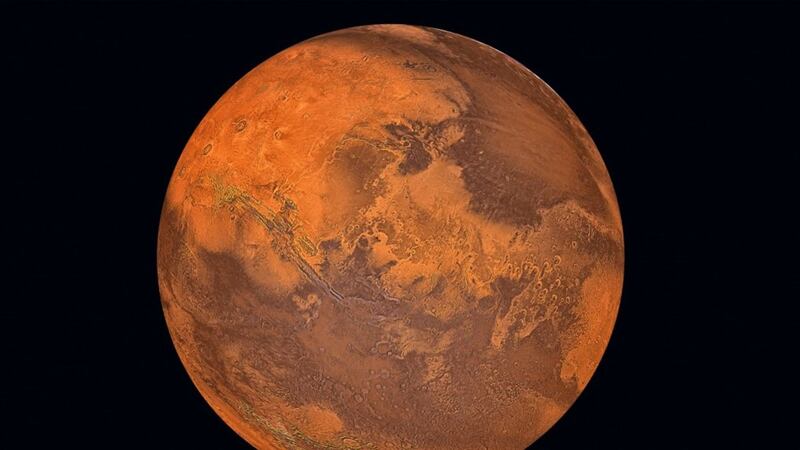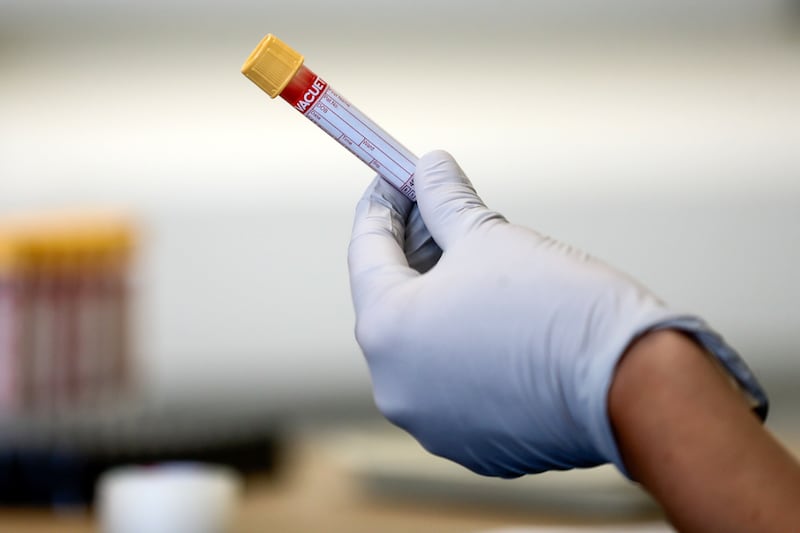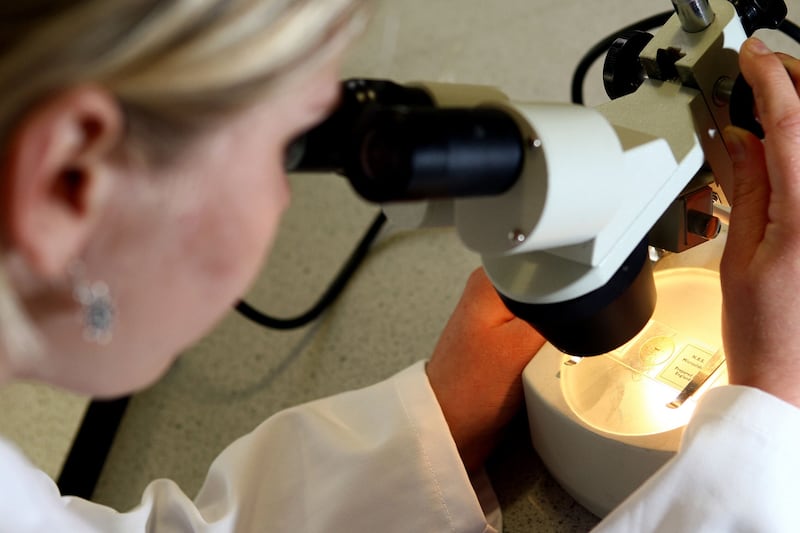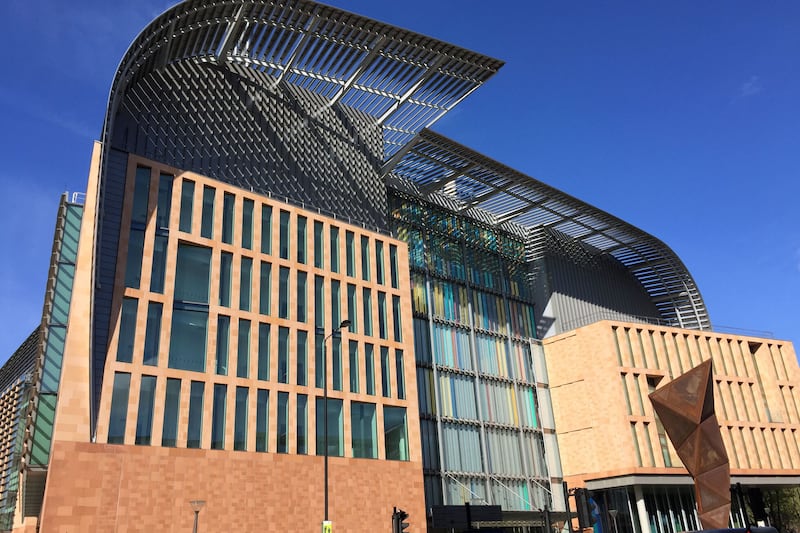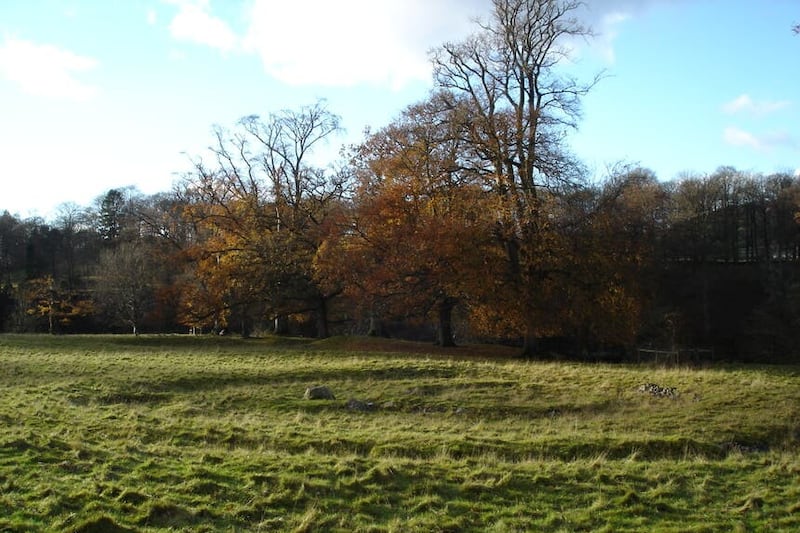A vital missing piece of the puzzle of life explaining how the first living things were born in ocean mud four billion years ago has been uncovered by British scientists.
The discovery, pointing to a primeval form of metabolism that occurs spontaneously when the right chemicals are present, greatly increases the chances of life on other planets, the researchers believe.
Metabolism is the universal process by which living things obtain the energy they need to rebuild and sustain themselves.

Along with “compartmentalisation” – the way living machinery is contained and prevented from leaking into the outside world – it is the most basic requirement of life. How it began remains one of the greatest unanswered mysteries.
The team from the Francis Crick Institute in London and Cambridge University showed how the first metabolic pathway driven by reactive sulphate molecules may have naturally emerged to “ignite life”.
The process mirrors the Krebs cycle – a sequence of chemical reactions at the heart of metabolism in every microbe, plant and animal living today.
There is one key difference, however. The sulphate pathway does not require enzymes, catalytic proteins that are key to many biochemical processes and which themselves are the product of metabolism. Until now, the “chicken and egg” question of how metabolism could have arisen without enzymes had not been resolved.
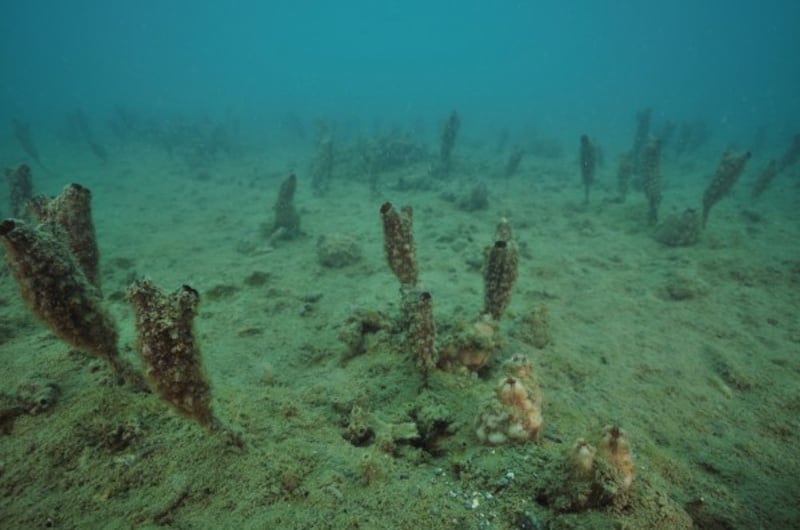
Lead scientist Dr Markus Ralser, from the Francis Crick Institute, said: “This non-enzymatic precursor of the Krebs cycle that we have demonstrated forms spontaneously, is biologically sensible and efficient. It could have helped ignite life four billion years ago.”
He added that the discovery “definitely” increased the chances of life evolving on other worlds such as Mars or Jupiter’s moon Europa, whose icy surface conceals a global ocean.
“The chemical required is a very common one,” he said. “One of the exciting things is that it increases the possibility that life somewhere else is based on the same principles as it is on Earth. Every week five new exoplanets are found. The more we understand the origin of life on Earth the more likely it is that it exists elsewhere.”
Four billion years ago the Earth was a hellish place shrouded in volcanic gas and constantly bombarded by asteroids, but it also possessed large oceans rich in metals. It was this harsh environment that gave rise to life.
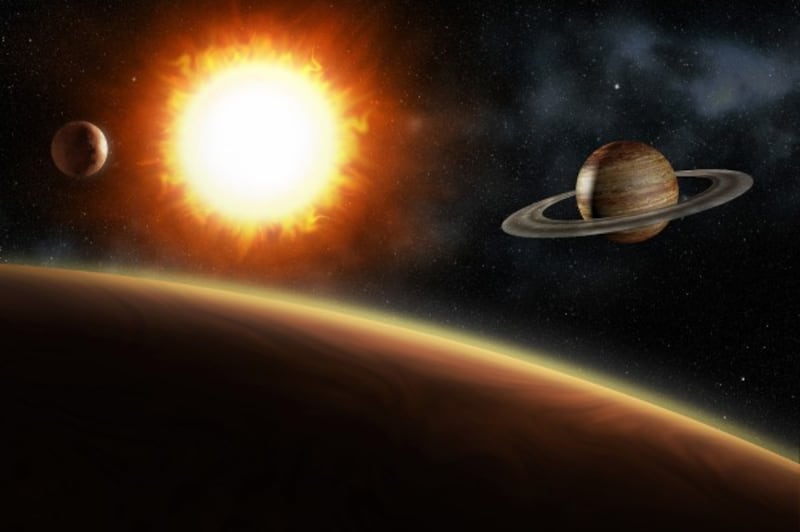
The scientists, whose findings appear in the journal Nature Ecology and Evolution, mixed simple carbon compounds with iron and sulphur-containing chemicals that would have been found in sediments at the bottom of the early oceans. Around 4,850 experiments were conducted looking for reactions similar to those seen in the Krebs cycle.
Most produced no result, but the presence of one compound, peroxydisulphate, sparked 24 chemical reactions that resembled the pattern seen in the Krebs cycle of modern organisms. The compound is a source of sulphate radicals, highly reactive molecules made from sulphur and oxygen.
Dr Ralser said: “Cellular metabolism is one of the oldest biological systems and preserved in all species, whether humans or plants. You can’t imagine life without metabolism. The process we have demonstrated must have happened at a very, very early stage. Whether it was really the first step is difficult to say, but it must have been one of the first steps.”
